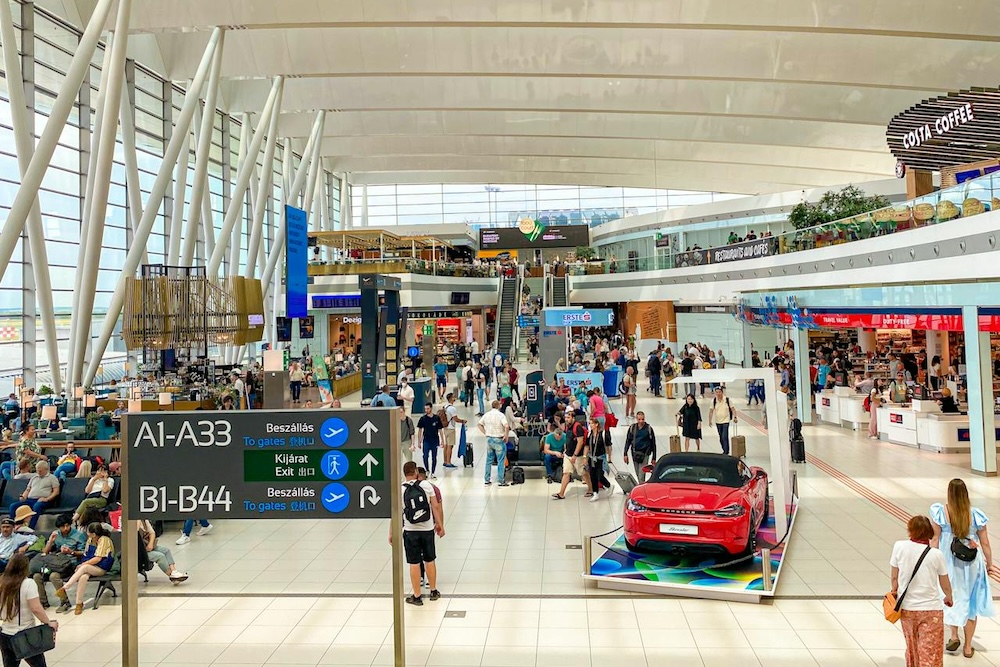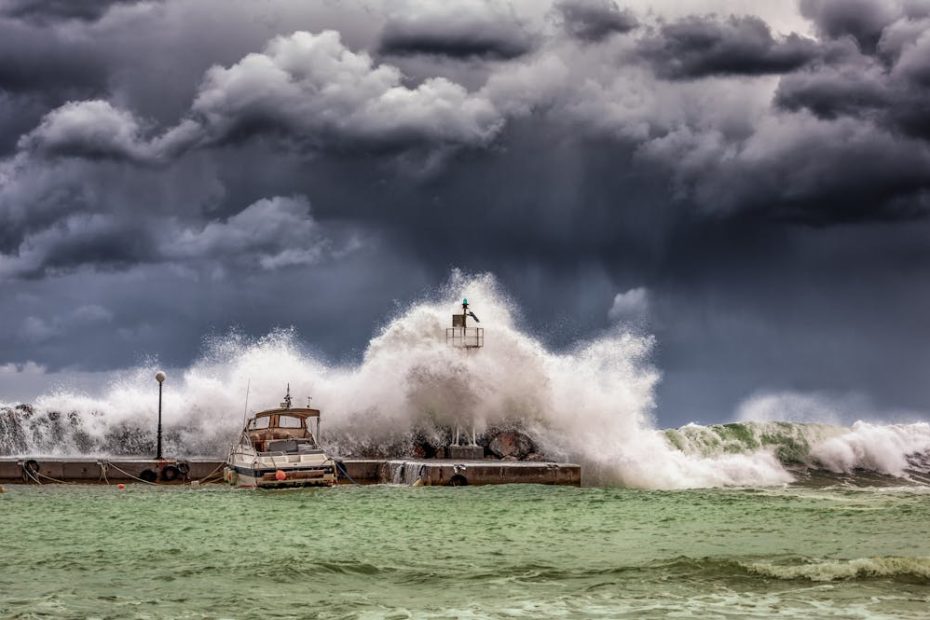So, your flight has been cancelled or delayed due to extraordinary circumstances.
But what does it mean? What are the extraordinary circumstances in European air travel?
What rights do you have if your flight is affected by them?
Extraordinary circumstances usually mean that the delay or cancellation is due to factors outside the airline’s control. That includes things like severe weather when it’s unsafe to fly, or an issue that has disrupted airport operations such as security threats. You get the idea.
In this article, I’ll explain more in detail what extraordinary circumstances are in European air travel, give examples of such situations and talk about your rights if your flight is delayed or cancelled because of them.
Check flight compensation online.
Extraordinary Circumstances Definition
Extraordinary circumstances are defined as events beyond the control of the airline, which can cause flight delays and cancellations. Under EU Regulation 261/2004, in these situations, airlines don’t have to compensate affected passengers.
Examples of Extraordinary Circumstances
In essence, some of the most common examples of extraordinary circumstances are:
- One of the most common extraordinary circumstances is severe weather conditions such as heavy snowfall, thick fog, or thunderstorms, which can make flying unsafe.
- Another situation is natural disasters, like volcanic eruptions, which can spew ash clouds into the skies, severely impacting visibility and the functionality of aircraft engines.
- Security threats, including terrorism, bomb threats, or hijacking, are also considered extraordinary circumstances as they pose significant risks to passenger safety.
- Additionally, air traffic management decisions, strikes by air traffic control personnel or unexpected runway closures, all of that can be considered extraordinary circumstances in Europe.
It’s all situations when it can’t be considered the airline’s fault.
Technical problems are not considered extraordinary circumstances. Airline staff strikes are also not considered extraordinary circumstances.
Situations THAT ARE NOT CONSIDERED Extraordinary Circumstances
You may have been told something else by the airline.
But… technical problems with an aeroplane are not considered extraordinary circumstances. The only exception is when they result from manufacturing defects unrelated to regular maintenance and make the aircraft unfit for flight.
Airline staff strikes are also not considered extraordinary circumstances. It’s the airline’s responsibility to take care of its staff.
Read more: What to Do If the Airline Refuses to Pay Compensation?
By Europe, European Union and EU here on this website we mean all EU Member States, the United Kingdom (UK), Guadeloupe, French Guiana, Martinique, Reunion, Mayotte, Saint Martin (French Antilles), the Azores, Madeira, the Canary Islands, Iceland, Norway, and Switzerland. This is where these European regulations work.

Flight Delay Due to Extraordinary Circumstances: Your Rights
What to do if your flight is delayed due to extraordinary circumstances?
Typically, you’ll get a message from the airline with details about the situation and advice on what to do next. The email will tell you the duration of the delay and the time you should be at the airport.
If your flight is delayed due to extraordinary circumstances, and you are already at the airport when it happens, you have a right to care. It means that you can get free food and, if it’s an overnight delay, free hotel accommodation and hotel transfers. If it’s not offered to you, go to your airline’s information desk or check-in counter to request these services.
Flight Cancellation Due to Extraordinary Circumstances: Your Rights
What to do if your flight is cancelled due to extraordinary circumstances?
You will get a message from the airline detailing the situation and providing choices such as a new flight, a refund to your bank account, or a refund as points or vouchers. You can select any of these options, even a full refund to your bank account. If you prefer a refund to your bank account, you don’t need to take any vouchers from the airline.
If you are already at the airport when your flight is cancelled, you will be booked on a new flight. In addition to a new flight, you have a right to care while you wait at the airport. Yes, you have a right to care even if your flight is cancelled due to bad weather or other extraordinary circumstances.
If your new flight departs on the next day, you have a right to a free hotel stay.
Just head to your airline’s information counter or check-in counter to get a new ticket and vouchers for free meals (and if necessary, a voucher for a free hotel stay).
Flight Cancellation/Flight Delay Due to Extraordinary Circumstances: Can You Get Flight Compensation?
You cannot claim compensation for flight delays or cancellations caused by extraordinary circumstances like bad weather, natural disasters, terrorism, security risks, etc. Airlines are not responsible for disruptions due to these events; hence, they are not obligated to provide compensation in such cases.
But please keep in mind that airlines do not always provide accurate information. This is particularly common with technical problems with the airplane.
To avoid paying compensation, airlines often label technical issues as extraordinary circumstances, suggesting that these events are beyond their control and that you can’t get compensation. But that’s not true. In fact, the opposite is true: if something goes wrong with the aeroplane, it’s the airline’s responsibility.
Also, Europe’s Flight Compensation Regulation 261/2004 (EC 261), designed to protect air passenger rights, does not clearly define what qualifies as “extraordinary circumstances.”
Here’s how the Regulation explains these circumstances:
“As under the Montreal Convention, obligations on operating air carriers should be limited or excluded in cases where an event has been caused by extraordinary circumstances which could not have been avoided even if all reasonable measures had been taken. Such circumstances may, in particular, occur in cases of political instability, meteorological conditions incompatible with the operation of the flight concerned, security risks, unexpected flight safety shortcomings and strikes that affect the operation of an operating air carrier” (Source: EU Regulation 261/04. Extraordinary circumstances.).
As you see, there is a place for interpretation.
Airlines use this in their favour.
Do you have more questions about extraordinary circumstances and flight compensation? Share your experience with extraordinary circumstances in the comments.
Featured photo by GEORGE DESIPRIS from Pexels
